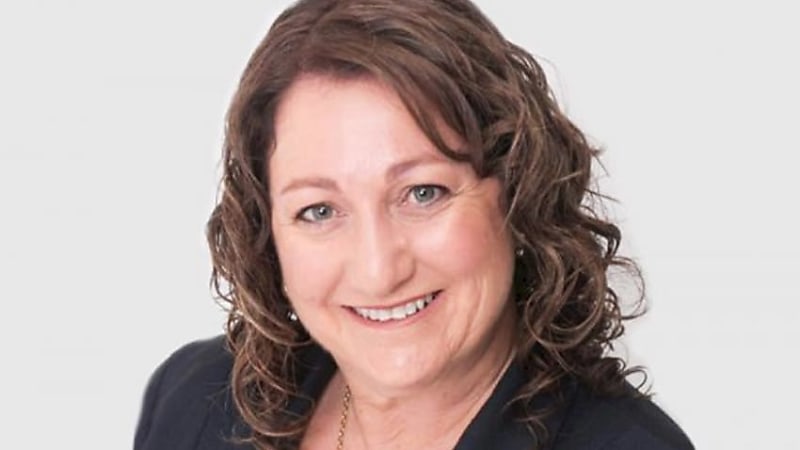Common sense the best defence against fraudsters: forensic auditor
Basic common sense is one of the best tools to detect fraudulent schemes, a forensic auditor has said.
Sharlene Anderson, a consultant for Veritas Auditing, says on the latest ASF Audits podcast that SMSF trustees and finance professionals should follow the “age-old adage” that, if it looks too good to be true, it probably is.
As another collapse of an investment scheme, Australian Fiducaries, hits the headlines, and the ATO upping its warnings over similar scams, spotting a fraudulent scheme doesn’t require fancy tech or complicated investigation, Anderson said.
Australian Fiduciaries was put into liquidation in July owing 660 investors up to $170 million. Similar to the 12,000 people who sunk more than $1 billion into First Guardian and the Shield Master Fund, investors in Australian Fiduciaries ended up with their superannuation locked in complex and risky illiquid investments, many of which were controlled by related parties.
ASIC has been investigating all three schemes, a collective failure that is bigger than the $1 billion collapse of Storm Financial in 2009, or the $450 million collapse of Dixon Advisory in 2019.
“You're not going to see consistent returns all the time. We all know about Bernie Madoff and his Ponzi scheme that was producing 12 per cent returns year-on-year and it was an FBI algorithm that pointed it out, through a lot of testing,” Anderson said.
“No matter where you put your money, you couldn't get that return. I'm not suggesting that any SMSF professional is going to have those sorts of algorithms, but we've got common sense.”
Anderson continued that SMSF professionals can do some basic analytical procedures to determine if fraud is occurring, and one of those is just looking for something that is consistently the same.
“[Ask the question] should it be? And how does that compare to the other funds you may be working with.”
“That's the first part. The next part really comes back to using common sense and looking at the documents in front of you and ticking them off.”
Anderson gave an example of a recent CommSec bank statement she had been asked to review from the Melissa Caddick case, which was dated 24 December as the period end for the statements.
“Now, I'm yet to see any sort of statements that end, unless they're weekly statements which CommSec don't issue on Christmas Eve, so that straight away should have been a red flag to anybody looking at that document.”
“You have got to do your general checks and balances. Check for signatures, check for last year's documents compared to this year's documents, maybe even something for you to use as a bit of a benchmark.
“Or have you got another fund with a similar investment? Do the documents look the same? Just follow your nose and be sceptical because that professional scepticism really needs to come in at this point, and when you're doing your audits, and make sure that you focus on not what looks right, but what perhaps looks wrong.”
Shelley Banton, head of technical for ASF Audits, said the Caddick case is a good example of things being too good to be true.
“I think the clever or tragic aspect of that case, apart from everybody losing their money, is that she really just targeted her friends and family and that brought that up to an extra level of trust as well,” Banton said.
Anderson said schemes like Trio Capital are far more sophisticated scams and harder to detect.
“Hindsight is a great thing. When you look back and go, I can't believe they were able to do that, but it was a failure by the regulators in so far as the scammers were able to buy a small country financial planning business and take control of that, and with that came the AFSL license,” she said.
“So it was legitimate, unlike Melissa Caddick, who didn't have an AFSL license and just had a bogus number on her paperwork. Trio Capital's AFSL license was valid, so if you had a check site, you wouldn't have picked it up.”
In that case, Anderson said the scammers targeted accountants and “wined and dined” them so they would then start referring their clients.
“And people trust their accountants, which they should. So when your accountant says, ‘this is safe and it's a good investment,’ they jump in.”
“From a fraudster’s perspective, they just sat back. They'd found a hole in the system that allowed them to get a legitimate business, then they targeted accountants as the weakest link between SMSF and superannuation funds.”
Anderson said in the Trio Capital case, the scam netted in excess of $180 million, none of which was ever recovered.
“That's a level of sophistication that we haven't seen before, and hopefully we won't see again.”


